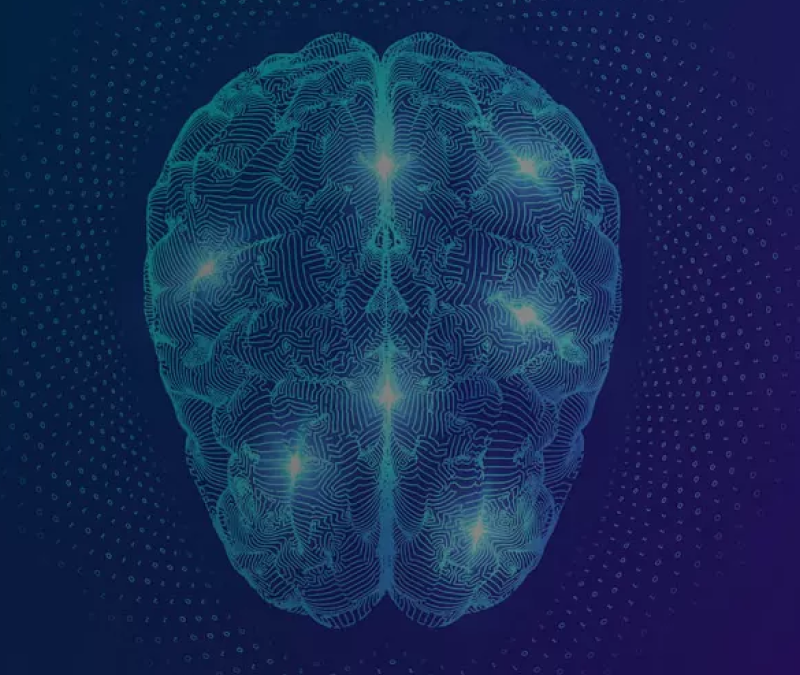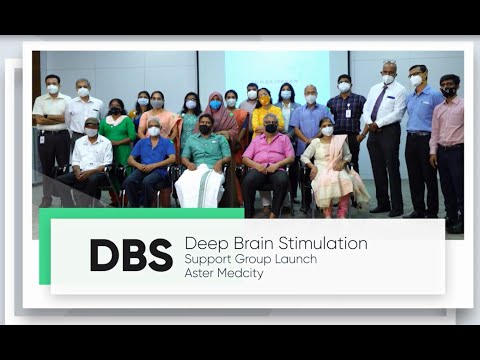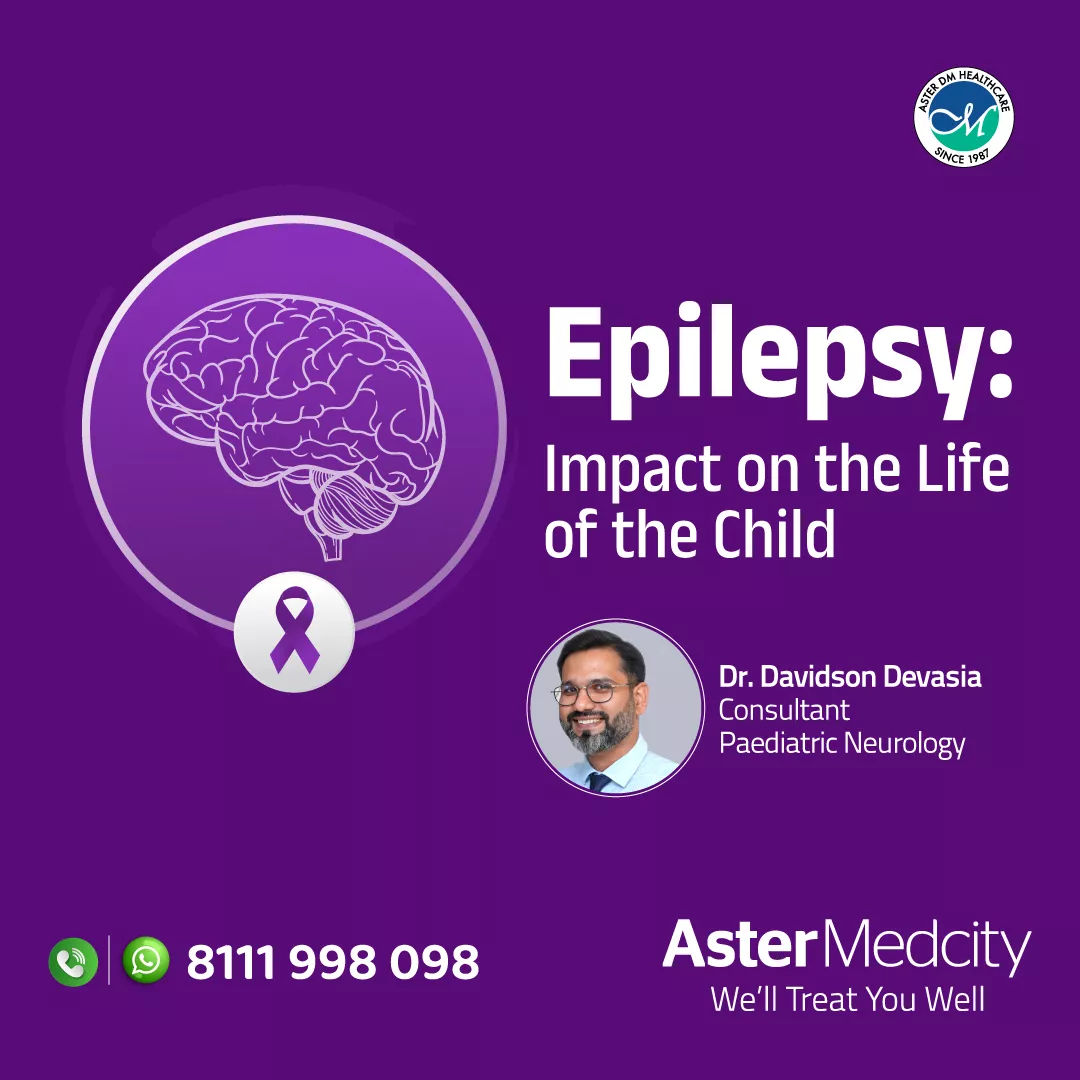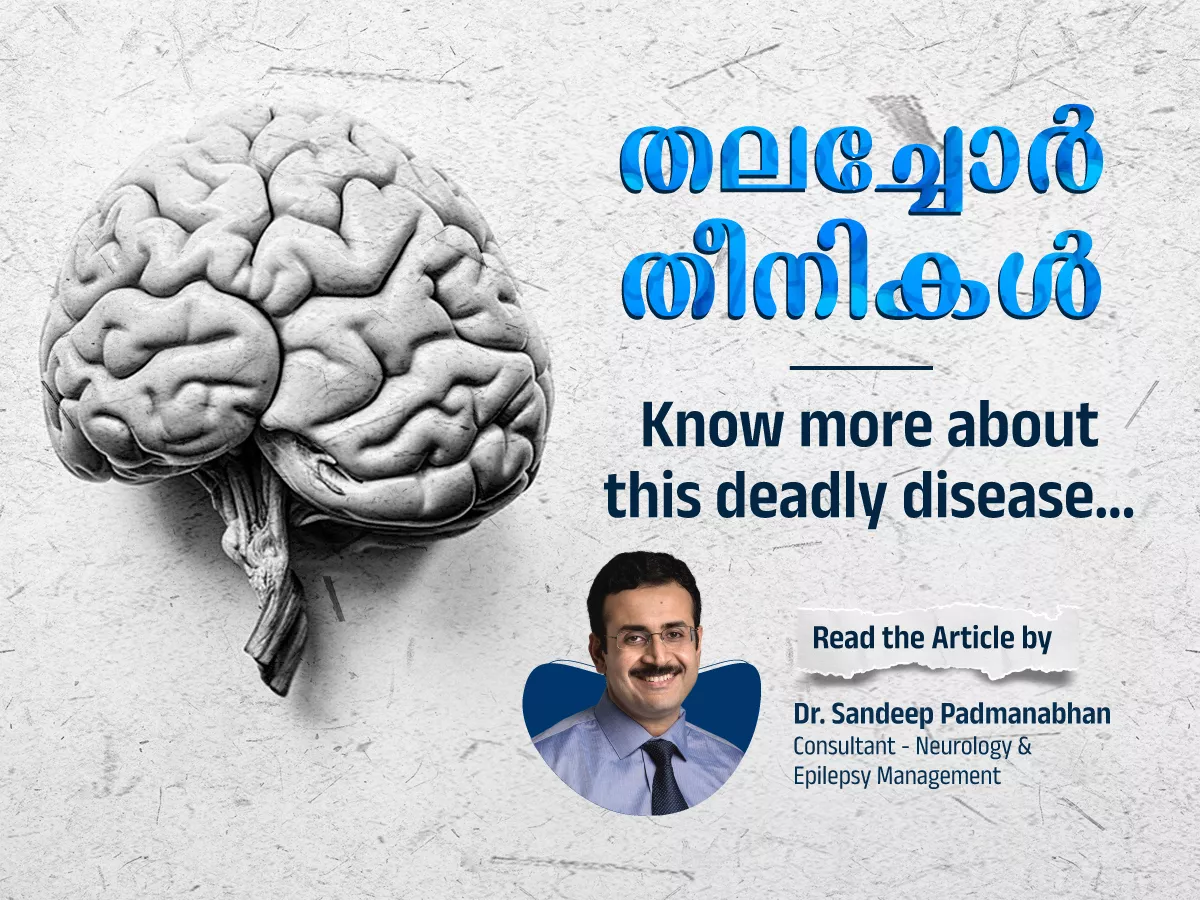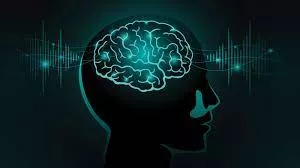The Department of Neurology at Aster Medcity is a dynamic and integrated center of excellence, uniting the expertise of neurology, neuropsychology, and psychiatry to offer comprehensive care for intricate neurological challenges. With a rich clinical heritage, we specialize in diagnosing and managing a wide spectrum of neurological conditions, ranging from strokes and brain traumas to epilepsy, Parkinson's disease, multiple sclerosis, and neck and spine disorders. As a premier neuro hospital in Kerala, we are committed to delivering the highest quality medical care and fostering well-being.
Collaborative Expertise: Our department brings together a multidisciplinary team of skilled professionals from neurology, neuropsychology, and psychiatry. This collaborative approach ensures that each patient benefits from a holistic evaluation and treatment plan, addressing not only the physical aspects but also the psychological and cognitive dimensions of their condition.
Comprehensive Care: With a wealth of experience, we have a proven track record of successfully managing a broad range of neurological disorders. From acute cases such as strokes and brain traumas to chronic conditions like epilepsy, Parkinson's, and multiple sclerosis, we offer tailored treatment strategies to suit the individual needs of each patient.
Cutting-Edge Diagnostics: Our commitment to excellence is reflected in our state-of-the-art diagnostic capabilities. We employ cutting-edge imaging technologies and diagnostic techniques to accurately assess neurological conditions, facilitating precise diagnoses and enabling us to create the most effective treatment plans.
Advanced Treatment Options: Our experts are well-versed in the latest advancements in neurological care. We offer a range of advanced treatment options, including medical interventions, surgical procedures, and innovative therapies, ensuring that our patients receive the best possible care to address their unique conditions.
Restoring Quality of Life: At the heart of our mission is the aspiration to help patients regain their quality of life. Our comprehensive approach aims not only to heal the complexities of the brain and nervous system but also to support patients in returning to the activities they love and achieving their life goals.
Emphasis on Mental Health: We recognize that neurological conditions often impact mental health and overall well-being. Our department is dedicated to addressing the emotional and psychological aspects of neurological disorders through collaboration with our psychiatric and neuropsychological experts, ensuring a holistic healing experience.
The Department of Neurology at Aster Medcity stands as a beacon of excellence, embracing innovation, compassion, and a patient-centered approach. Our ultimate objective is to enhance mental health, restore well-being, and provide top-tier medical care for patients facing diverse neurological challenges. We are here to guide you on your journey to healing and a fulfilling life.
Treatments & Procedures
We provide comprehensive treatment for all types diseases under one roof. Our highly experienced doctors supported by especially trained clinical staff, ensure the best care for you.
Advanced Technology & Facilities
Well equipped with the latest medical equipment, modern technology & infrastructure, Aster Hospital is one of the best hospitals in India.
Aster Hospitals are well equipped to run all kinds of neurological diagnostic tests. Our top-of-the-line medical equipment and highly experienced doctors and surgeons strive to their maximum capacity to properly diagnose and offer treatments that help heal patients, prolong life, and improve the patient's quality of life.
Patient Stories
Our patients are our best advocates, hear the inspiring stories of their treatment journey
Blogs
The source of trustworthy health and medical information. Through this section, we provide research-based health information, and all that is happening in Aster Hospital.

